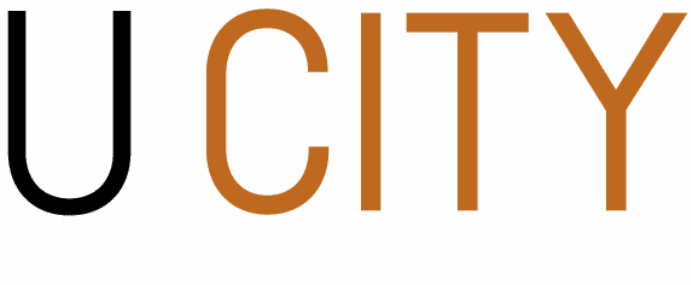Innovative new research by Uniting Communities, Better Start Group and the University of Adelaide has measured the health and wellbeing outcomes of South Australian children two years after receiving support from Ruby’s Reunification Program (Ruby’s).
The research found more than eight out of ten children who accessed Ruby’s returned home immediately after engaging with the program and almost three out of every four of Ruby’s clients did not return to homelessness, nor accessed other specialist homelessness services (SHS), 24 months later.
Children supported by Ruby’s also faced fewer drug and alcohol-related emergency department visits (7% lower) and had less contact with the criminal justice system (4% lower) compared to children accessing other SHSs.
The research found that despite being younger and facing double the rates of mental health hospitalisations and child protection cases before entering the program, Ruby’s clients achieved better outcomes.
Established in Adelaide in 1993, Ruby’s is a State Government-funded Uniting Communities early intervention program supporting children aged 12 to 17 years, and their families, who are experiencing conflict and relationship breakdown, and are homeless or are at risk of homelessness.
Uniting Communities Executive Director Services Robyn Sutherland said the Ruby’s Reunification model, now backed by research, successfully helped break cycles of crisis and drove lasting change.
“The benefits aren’t just about stable housing — they also show up in improved health, better engagement with the justice system and overall wellbeing,” she said.
"With more than four young Australians an hour presenting to a homeless service and in a field where sustained outcomes are rare, Ruby’s offers a model that deserves attention, investment, and replication.”
Ruby’s Reunification model has been adopted in Western Australia, Queensland and Victoria.
The research is unique in that it has used de-identified data from Uniting Communities and the Better Evidence Better Outcomes Linked Data platform to collaboratively investigate the long-term impact of Ruby’s on children. It’s the first time the platform has been used by a non-government organisation in this way.






